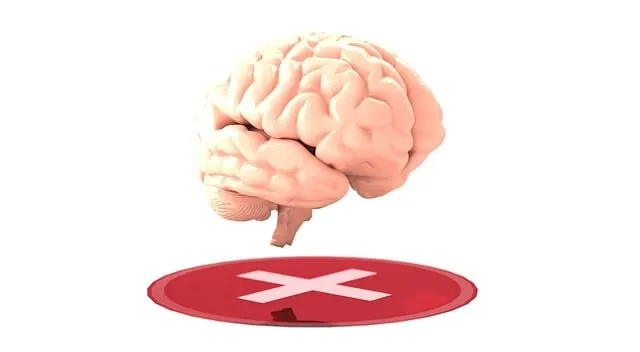Centennial Kaiser Permanente prioritizes risk assessment in its mental health care through individualized evaluations focusing on history, symptoms, triggers, coping, support, and resources. By integrating evidence-based practices and cultural sensitivity, they create safe, supportive environments that empower patients to actively manage their mental wellness. Continuous improvement is driven by dynamic patient safety evaluation, data analytics, patient feedback, and initiatives like journaling guidance, crisis intervention resources, and educational podcasts, ensuring their services meet the latest research and best practices for Centennial Kaiser Permanente mental health.
Risk assessment and harm minimization planning are vital components of ensuring patient safety in mental health care. This article explores best practices, focusing on Centennial Kaiser Permanente’s approach to understanding risk assessment in its mental health services. We delve into implementing comprehensive harm minimization strategies and highlight the importance of continuous improvement and monitoring for enhanced patient safety at Centennial Kaiser Permanente mental health facilities. By examining these key areas, we aim to revolutionize care delivery and foster a safer environment for all patients.
- Understanding Risk Assessment in Mental Health Care at Centennial Kaiser Permanente
- Implementing Harm Minimization Strategies: A Comprehensive Approach
- Continuous Improvement and Monitoring for Enhanced Patient Safety
Understanding Risk Assessment in Mental Health Care at Centennial Kaiser Permanente

At Centennial Kaiser Permanente mental health services, risk assessment is a cornerstone of patient care. It involves a thorough evaluation of each individual’s unique circumstances, including their history, current symptoms, and potential triggers, to identify and mitigate risks of harm or relapse. This proactive approach ensures that patients receive tailored support and interventions designed to enhance their well-being and promote positive thinking.
Centennial Kaiser Permanente prioritizes comprehensive risk assessment for all mental health professionals within its network. This involves not just understanding the severity of a patient’s condition but also their coping mechanisms, social support systems, and access to resources. By integrating self-esteem improvement strategies and other evidence-based practices, the organization aims to create a safe and supportive environment that empowers individuals to manage their mental health effectively while fostering a culture of harm minimization across its services.
Implementing Harm Minimization Strategies: A Comprehensive Approach

Implementing harm minimization strategies is a vital component of comprehensive risk assessment, especially within healthcare institutions like Centennial Kaiser Permanente. This approach ensures that potential risks are proactively managed to prevent adverse outcomes and promote positive mental wellness. By integrating cultural sensitivity in mental healthcare practice, organizations can create tailored interventions that address diverse patient needs.
For instance, developing Mental Wellness Coaching Programs can empower individuals to take an active role in managing their mental health. These programs, sensitive to cultural nuances, offer personalized guidance, fostering a supportive environment. This holistic strategy aligns with the broader goals of enhancing mental wellness and ensuring that risk assessment is not just a procedural step but a dynamic process that evolves with the unique needs and backgrounds of each patient.
Continuous Improvement and Monitoring for Enhanced Patient Safety

At Centennial Kaiser Permanente, continuous improvement and monitoring are at the heart of our mental health services. We believe that patient safety is a dynamic process that requires ongoing evaluation and adaptation. Our team employs sophisticated data analytics to identify trends and areas for enhancement, ensuring that our practices align with the latest research and best practices in mental healthcare. By integrating feedback from both patients and clinical experts, we create a culture of quality improvement where every interaction contributes to safer and more effective treatment.
This commitment extends beyond our clinical settings. The Mental Wellness Journaling Exercise Guidance, Crisis Intervention Guidance, and Mental Wellness Podcast Series Production all play pivotal roles in fostering mental wellness. These initiatives not only provide valuable resources for our patients but also offer opportunities for continuous learning and engagement. Through regular assessments and patient feedback, we monitor the impact of these programs, making necessary adjustments to optimize their effectiveness and better serve our community.
Centennial Kaiser Permanente’s commitment to mental health care is evident through its comprehensive risk assessment and harm minimization planning. By understanding the intricacies of risk assessment, implementing robust strategies for harm minimization, and continually improving patient safety monitoring, the organization ensures a supportive environment for those seeking mental healthcare services. This holistic approach at Centennial Kaiser Permanente sets a benchmark for excellence in the field, demonstrating that prioritizing patient safety is key to fostering trust and positive outcomes in mental health treatment.






